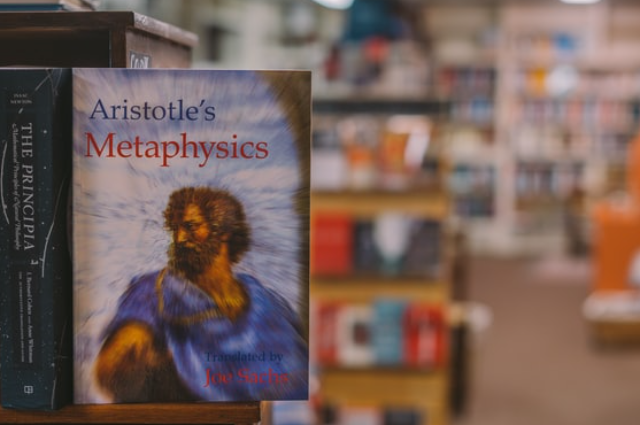Jean Jacques Rousseau once claimed that the English people are free for only one day in five years: the day they vote, that is, the only day when the concept of the general will is practiced. India with its remarkable struggle for freedom has established another milestone in the history of holding onto the tag of the world’s largest democracy. So, is the social contract between the rulers and the ruled, enough for calling India the largest democracy?
I returned to history to find an answer to this query. But first, you have the right to ask me, why do I have to find an answer to this? After all, being passive recipients of information has helped us live an undisturbed life for almost a decade! Let me respond to this by introducing the concept of ‘Platonic Rationalism’ from the pages of Plato and Socrates.
Platonic Rationalism
One of the poles of Plato’s philosophy was the importance he gave to reason. As per Plato, if the knowledgeable people are put at a helm in national politics, someone with the true understanding of good, justice, truth, courage, would save the ship from sailing. For him, reason ruled the world, not god!

Aristotle and Nichomachean Ethics
Various philosophical thinkers have left us with enough substance to define a representative government. They started with one of the most basic goals of human life: Eudaimonia, i.e., happiness. For instance, Aristotle analytically defined a well-lived life by stating that eudaimonia refers to ‘the full normal functioning of a thing relative to the capacities specific to its natural kind.’ In simple terms, a well-lived life is one in which we can make the best use of our potential. In his book, Nichomachean Ethics, he gives a theory on moral action and tells us about phronesis which can be the faculty/institution at the apex which will help a person to act in accordance with morality.
As he enters the world of civic virtue, he tells us in his book, Politics that the political community is an association of equals and therefore no government has to be treated like a paternal figure, because no one is on a high pedestal. By this, we can say that when he said a man is a zoon politikon (political animal), he meant that the only way a representative government would make sense is when all citizens gather in the Ekklesia (public assembly) and can participate in Dikasteria (court of law). This gave a powerful backing to the ‘doctrine of the wisdom of the multitude’, i.e., common deliberation.

Thomas Hobbes
As we slowly move towards realizing the catastrophic state of our nation, we can’t omit to mention the arresting coverage of state/commonwealth in Hobbes’s book ‘Leviathan’. He stated that men are the creation of God, but those men have created something powerful and ‘of greater stature and strength’, an ‘Artificial Man’- the Commonwealth or State! But making the state an absolute power was soon questioned by John Locke’s Essay on Toleration, 1667. Locke stated that the sole concern of the government should be to maintain peace and order and specify certain limits on the government.
Amidst the intense transition of the political status of countries across the world, there always lied the possibility of looking forward to democracy as a powerful way out. From Plato to John Stuart Mill, the various arguments made it clear that the ultimate freedom of speech, expression, and association with justice is a win for all. From the age of Enlightenment to the age of Covid-19, the liberty to hope and the “cast-the-chains-off” movement have become a war cry.
Conclusion
As a Sweden-based Institute has said that “India is no longer an electoral democracy, but an electoral autocracy”, clearly tells us that much of the downfall of the true meaning of ‘democracy’ occurred in the last few years. The Democracy Report 2021, titled, “Autocratization Turns Viral” used a multidimensional approach to measure democracy and India has moved from the top 50% of the 180 countries to the bottom 50%.
So, let us not take up this into consideration for one day, instead, make this an ongoing process of brainstorming ideas for a better future!
